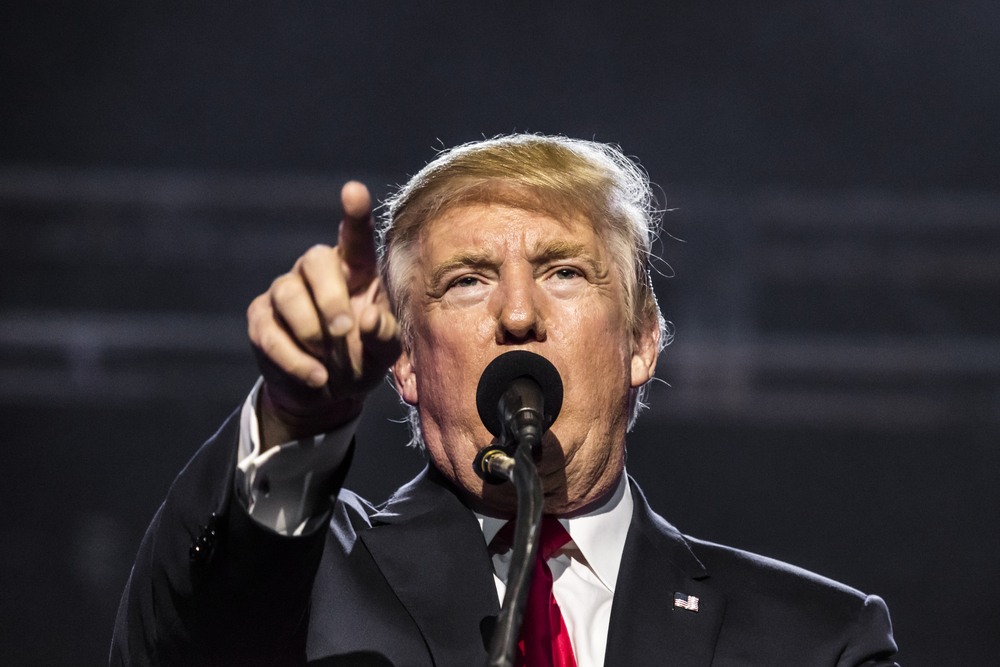Key Takeaways:
- President Trump faces over 300 lawsuits challenging his policies.
- Democratic Attorneys General and liberal groups lead the legal opposition.
- New Jersey’s AG Matthew Platkin promises ongoing resistance.
- Courts often block Trump’s executive actions.
- Judges from both parties rule against Trump, despite his criticism.
- Major cases are concentrated in Washington, Boston, Baltimore, and San Francisco.
Introduction: President Trump is embroiled in over 300 lawsuits, a significant legal challenge to his executive actions. These lawsuits, led by Democratic Attorneys General and liberal groups, highlight the broader debate over executive power and its limits. This article explores the ongoing legal battles, the resilience of Trump’s opponents, the judiciary’s stance, the challenges faced by judges, and the broader implications.
Ongoing Legal Battles: The number of lawsuits against Trump has surpassed 300, targeting various policies. From environmental issues to healthcare cuts, these legal challenges underscore the contention surrounding Trump’s executive decisions. Courts have often halted his policies, with over 200 orders blocking his actions, indicating strong judicial scrutiny.
Determined Opponents: Leading the charge is New Jersey’s AG Matthew Platkin, who emphasizes their commitment to challenging Trump’s policies. Platkin’s office has filed multiple lawsuits, reflecting a broader coalition of state AGs, unions, and advocacy groups united in their opposition. This collective effort signals a prolonged legal struggle, determined to hold the administration accountable.
Courts Hold the Line: Judges, appointed by both Democratic and Republican presidents, including some by Trump, have ruled against him. This judicial pushback, despite Trump’s criticism, illustrates the independence of the judiciary. Retired Judge John Jones notes that judges remain undeterred, despite fears of retaliation, ensuring impartial oversight of executive actions.
Challenges for Judges: Trump’s verbal attacks on judges, like Beryl Howell, highlight the pressure judiciary members face. Despite such criticism, judges maintain their independence, refusing to be swayed by political pressure. Their commitment to fair adjudication is crucial in upholding the rule of law.
Broader Impact: The concentration of lawsuits in key cities like Washington, Boston, and San Francisco reflects the strategic importance of these legal hubs. The outcomes of these cases will significantly influence the balance of power and the limits of executive authority, shaping future governance and policy-making.
Conclusion: The legal battles against Trump represent a critical moment in the balance of power. With determined opponents, judicial independence, and significant legal implications, these lawsuits underscore the ongoing struggle over executive power. The judiciary’s role remains pivotal in ensuring checks and balances, shaping the future of governance.
